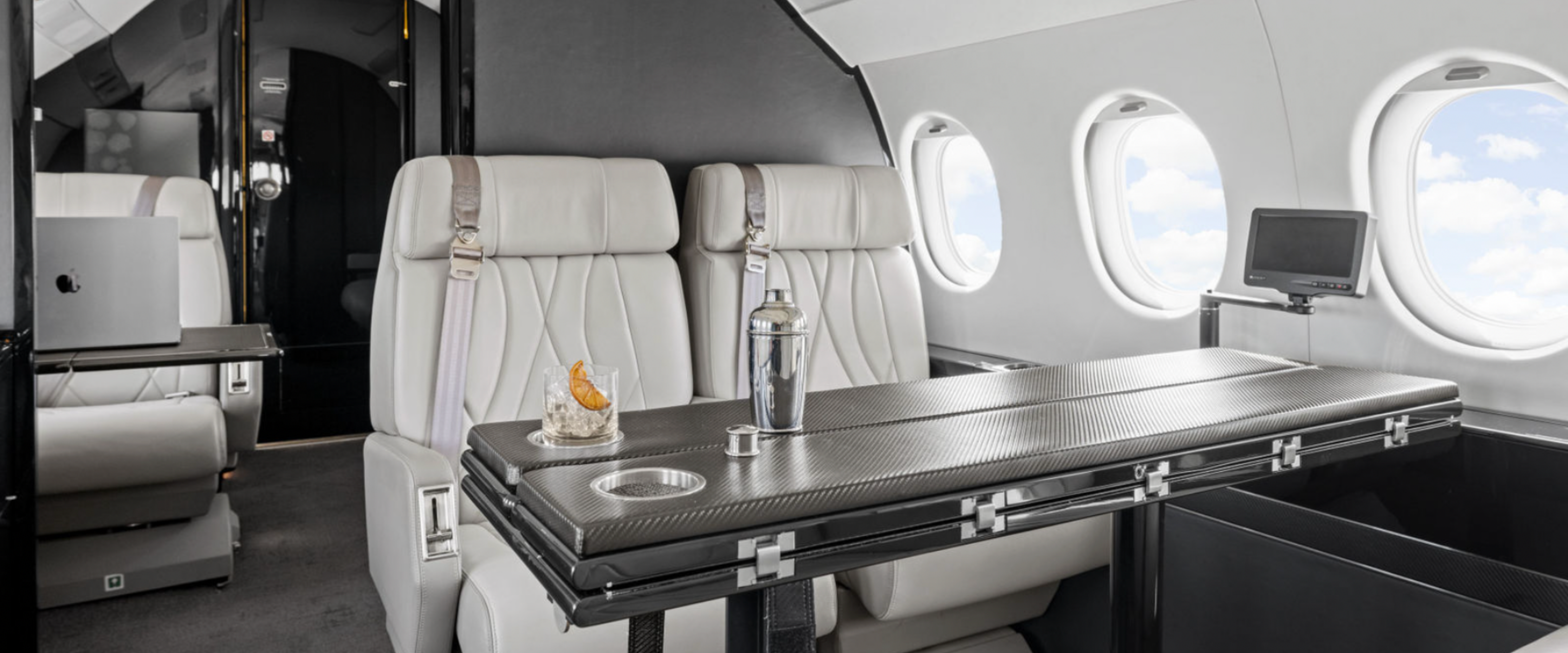Selling a business aircraft is a significant financial event, and understanding the tax implications is crucial for maximizing your return. For companies with a used corporate plane on the market, proactive tax planning can make a substantial difference. This guide explores key tax strategies and common issues to help you prepare for the sale.
The key takeaway from this article is to seek competent aviation-specific tax and legal advice from an expert. Holstein Aviation does not provide tax or legal advice so please be advised to seek competent legal or tax advice to ensure that your interests are adequately represented to your complete satisfaction.

THE TWO-PART TAX PICTURE: CAPITAL GAINS AND DEPRECIATION RECAPTURE
When you sell an aircraft that was used for business, the taxable gain is typically separated into two categories.
- Depreciation Recapture (Ordinary Income): This is the gain attributable to the depreciation you claimed while owning the aircraft. When you sell, the IRS “recaptures” this amount and taxes it as ordinary income, not at the lower capital gains rate.
- Capital Gain (Appreciation): If the sale price is higher than the original purchase price, that additional profit is treated as a capital gain. This is taxed at the more favorable long-term capital gains rate, provided you have owned the aircraft for more than one year.
With rising prices for some business aircraft models, it’s becoming more common to see both capital gains and depreciation recapture on a single sale.

COMMON TAX STRATEGIES FOR SELLERS
Here are some common strategies implemented when selling your used business aircraft:
1. Leverage New Bonus Depreciation (as of July 2025)
The tax landscape has changed significantly in 2025. With the reinstatement of 100% bonus depreciation for qualifying aircraft, strategic tax planning is more important than ever. This can affect your timing and ability to reinvest in another asset.
- Reinvest in a New or Used Aircraft: If your plan is to sell your current aircraft and buy a replacement, the timing of your sale and new acquisition is critical to maximize the tax benefits under the new bonus depreciation rules.
- Used Aircraft Qualify: The new 100% bonus depreciation applies to both new and used aircraft, provided you or a related party has not previously used the asset.
2. Time Your Transaction
Timing is crucial, especially regarding capital gains. To benefit from the lower long-term capital gains tax rate, you typically must have owned the aircraft for a certain amount of time. If your holding period is less than what’s required, the gain is taxed as short-term capital gains at ordinary income rates.

3. Review Your Ownership Structure
How the aircraft is owned can affect the sale’s tax consequences. For some businesses, holding the aircraft within the main operating entity is sufficient. More commonly, a separate entity is used to hold the aircraft and lease it back to the business. This approach generally provides liability protection and tax flexibility. Consulting an aviation tax and legal expert is recommended to determine the most advantageous structure for your situation.
4. Document Everything Meticulously
Substantiating your aircraft’s business use is non-negotiable. Without detailed and accurate records, deductions can be disallowed, and you risk facing depreciation recapture or other penalties upon an audit. Maintain comprehensive flight logs documenting the date, destination, business purpose, and passengers for every flight.

CAUTION: SEEK EXPERT ADVICE
Aviation tax law is highly specialized and complex. While a general CPA is helpful, an aviation-specific tax and legal advisor can provide the expertise needed to navigate the nuances of depreciation recapture, sales and use taxes, and ownership structures. Proper planning ensures you maximize your tax benefits and avoid costly penalties.
At Holstein Aviation, we provide expert guidance in business aircraft sales and acquisitions. Contact us today to learn how our highly experienced and trusted team of IADA certified brokers can assist you to navigate your next aircraft sale or acquisition.